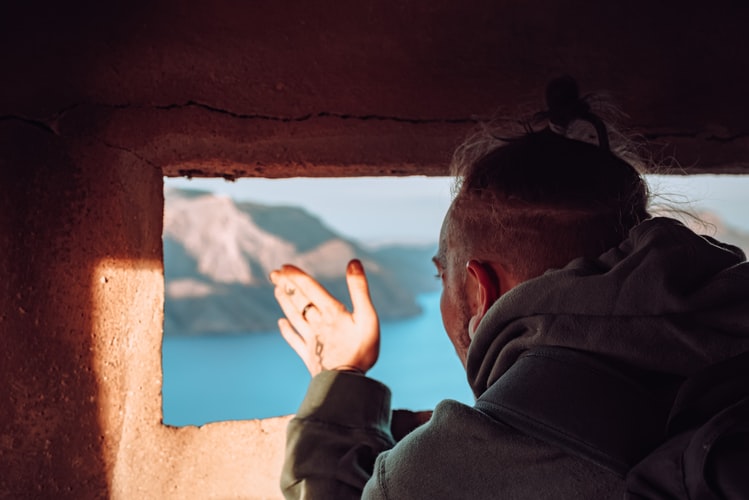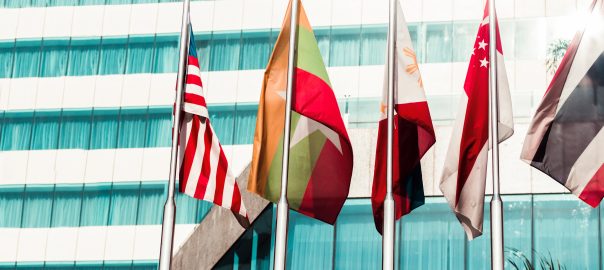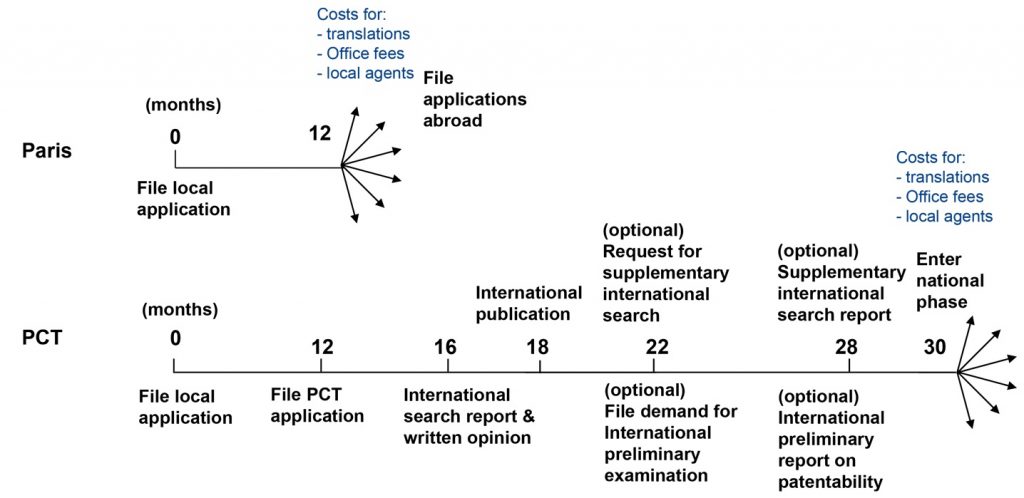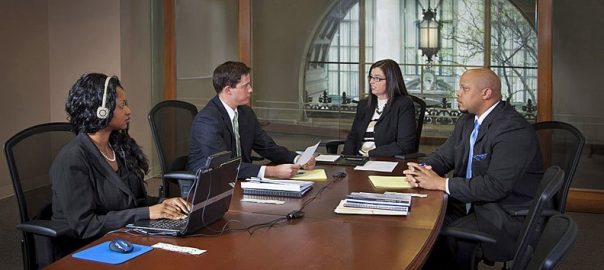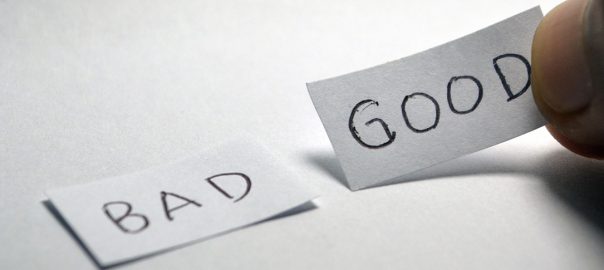The coronavirus pandemic has had unprecedented impacts on employees’ rights, including the right to health and safety in the workplace and the right to be paid.
If you have been unfairly dismissed or your wages have been cut because you have refused to attend an unsafe workplace, read our more detailed article here.
Despite employers accidentally infringing, or even deliberately ignoring your rights to stay afloat in this chaos, your employment rights have not changed.
Can your employer force you to attend work if you are vulnerable, or a danger to a vulnerable person?
Your employer will be aware of your age, and assuming that they also know if you are pregnant, or suffer from a disability or ill health, then they will be open to proposals for you to work from home where possible or be put on the government furlough scheme. The deadline for new entrants to the furlough scheme (Coronavirus Job Retention Scheme) has now passed (except for parents on statutory maternity/paternity leave).
Your employer could be breaking the law in attempting to make you attend work, even if you live with someone in one of the above categories.
The law in relation to covid-19 is not entirely clear, however, we advise that employers attempting to force employees to attend work could be unlawful as doing so could subject you to one or more of the following;
Furlough Leave
Furlough leave (the Coronavirus Job Retention Scheme) is available to businesses affected by covid-19. The scheme allows employers to let you stay at home, as the government will pay 80% of your salary (up to £2,500 per month) until the end of August. In September, government contributions will be reduced to 70% and further reduced to 60% in October.
Employers should agree with you in advance whether you are happy to accept only a percentage of your wage, or whether you insist on receiving the full 100% (with no upper limit). Your employer cannot just put you on the scheme without your agreement. However, if you don’t agree, employers can make you redundant.
More detailed information and tactics for employees can be found in our practical guide on the furlough scheme.
Can you be dismissed for not coming to work because you are self-isolating?
If you refuse to work, your employer could start disciplinary action against you, but legally, they cannot dismiss you. Doing so would amount to automatically unfair dismissal under s.100 of the Employment Rights Act 1996.
An example of automatically unfair dismissal can be found in the case of Harvest Press Ltd & McCaffrey 1999 ILRL 778, despite not relating directly to the coronavirus pandemic.
Our more detailed guide on coronavirus unfair dismissals can be found on here.
Can your employer cut your salary?
As long as employers are justified in doing so, they can make cuts to your salary. Employers asking their employees to take a pay cut is something that we have frequently encountered during the coronavirus. It will be easy for your employer to justify implementing a pay cut, provided that they ask the same of other employees.
Employers could also give you your notice and another contract of employment including the pay cut. If you do not agree to work under the new contract provided, your employer can terminate your employment once your notice period is over.
The effects of coronavirus on the self employed
On the 29th of May 2020 the Chancellor announced a second grant for those who are self-employed and have been affected by the coronavirus.
The first grant was available until 13th July 2020 and was worth 80% of average monthly trading profits, capped at £7,500 total.
Applications for the second grant closed on 17th August 2020 and was worth 70% of average monthly trading profits, capped at £6,570.
Our article on the government scheme for the self employed outlines the scheme in more detail.
Are you entitled to pay if you are self-isolating due to coronavirus?
If you have been advised by your doctor or other medical authority to self-isolate, or have been experiencing symptoms, you are legally entitled to Statutory Sick Pay (SSP). You can obtain an isolation note online on the NHS 111 website.
If you are not sick yourself and want to self-isolate, you will not be entitled to SSP.
We advise that if you are a vulnerable person, for example with underlying health conditions or old, to obtain an isolation note online on the NHS 111 website, as current legislation does not entitle you to SSP.
Employers must conduct a risk assessment if you are pregnant. If it is deemed unsafe for you to attend work, you can be suspended on full pay. At this point, you will also be entitled to start your maternity leave, as long as it is within 6 weeks of your due date. Further details can be found in the legislation here.
You will be entitled to your usual pay if you can work remotely, as long as your employer agrees to this.
Any concerns that you have should be addressed with your employer to see if you can agree on the best way forward, before taking any action.
This legislation is contained in The Statutory Sick Pay (General) (Coronavirus Amendment) Regulations 2020.
Are you entitled to pay if your employer tells you to stay off work?
If you have recently returned from a country badly affected by the coronavirus, or have had contact with someone with the virus, your employer will have a good reason to ask you not to attend work. If your employer does this, you will be entitled to your usual pay, as per your contract.
You will also be entitled to normal pay if your employer closes your place of work or reduces your hours. In these circumstances, your employer could put you on the furlough scheme, where the government will pay 80% of your salary whilst you are at home.
(See S151 Social Security, Contributions and Benefits Act 1992 and S147-154 Employment Rights Act 1996 for relevant legislation)
What are your rights if you take time off work to care for dependents?
On 4th April 2020, the government announced extension of the furlough scheme (Coronavirus Job Retention Scheme) to people with childcare responsibilities due to covid-19 restrictions. Furlough is not an automatic right, so you must still come to an agreement with your employer about this, however, this is great news for parents.
The automatic rights that you do have are set out in Section 57A-57B Employment Rights Act 1996. This legislation grants you a right to ‘reasonable’ time off work to care for dependents in an ‘emergency’ including circumstances here your dependents’ usual school/carers or other provider cannot operate due to covid-19 restraints.
Unless you have an insurance policy or your employment contract provides for payment, time off in these circumstances will be unpaid. A ‘reasonable’ amount of time off will depend on your individual circumstances and your employer must consider your case without reference to possible disruptions or inconvenience it may cause the business.
Undoubtedly the coronavirus pandemic is considered an emergency, so what is considered as ‘reasonable’ is a period of time ongoing, at least, until schools and nurseries re-open. Initially, you should ask for full pay or at least furlough leave.
If you get coronavirus, will you be entitled to sick leave and pay entitlements?
You will be entitled to your usual sick leave and pay entitlements if medical authorities suspect that you may have the virus or you have been diagnosed, just like any other sickness and sickness absence.
(See S151 Social Security Contributions and Benefits Act 1992)
If you are made redundant due to covid-19 do you still have to be consulted by your employer?
Employers would normally have to consult for a period of 90 days before making over 20 employees redundant. However, during the coronavirus, employers will likely be able to cite ‘special circumstances’ so that this consultation period is compressed and the full 90day consultation is not necessary. In our opinion, consultations will still need to be carried out by employers, but for a reduced number of days. Failure to do so would be procedurally unfair dismissal.
Despite not being defined in statute, employers will also have a duty to consult when making less than 20 redundancies. This consultation period generally includes meetings and an opportunity for you to make reasonable input into the decision.
If you have been laid off due to the coronavirus but want to leave your job, can you choose redundancy?
If you have been laid off for 4 weeks in a row, or for 6 weeks in any 13 week period, you can write to your employer asking them to give you statutory redundancy payment as well as your notice pay. Where your employer does not respond, you will be able to resign and claim for statutory redundancy pay. In doing so, you will have to give notice as per your notice period (the longer period of either your contract or statutory notice period).
Next Steps
Monaco Solicitors have created a free Coronavirus Rights App which may be able to help if you have been affected by any of the situations outlined in this article. This app can provide you with an advice letter as well as two example letters to your employer, for free.
Monaco Solicitors.





